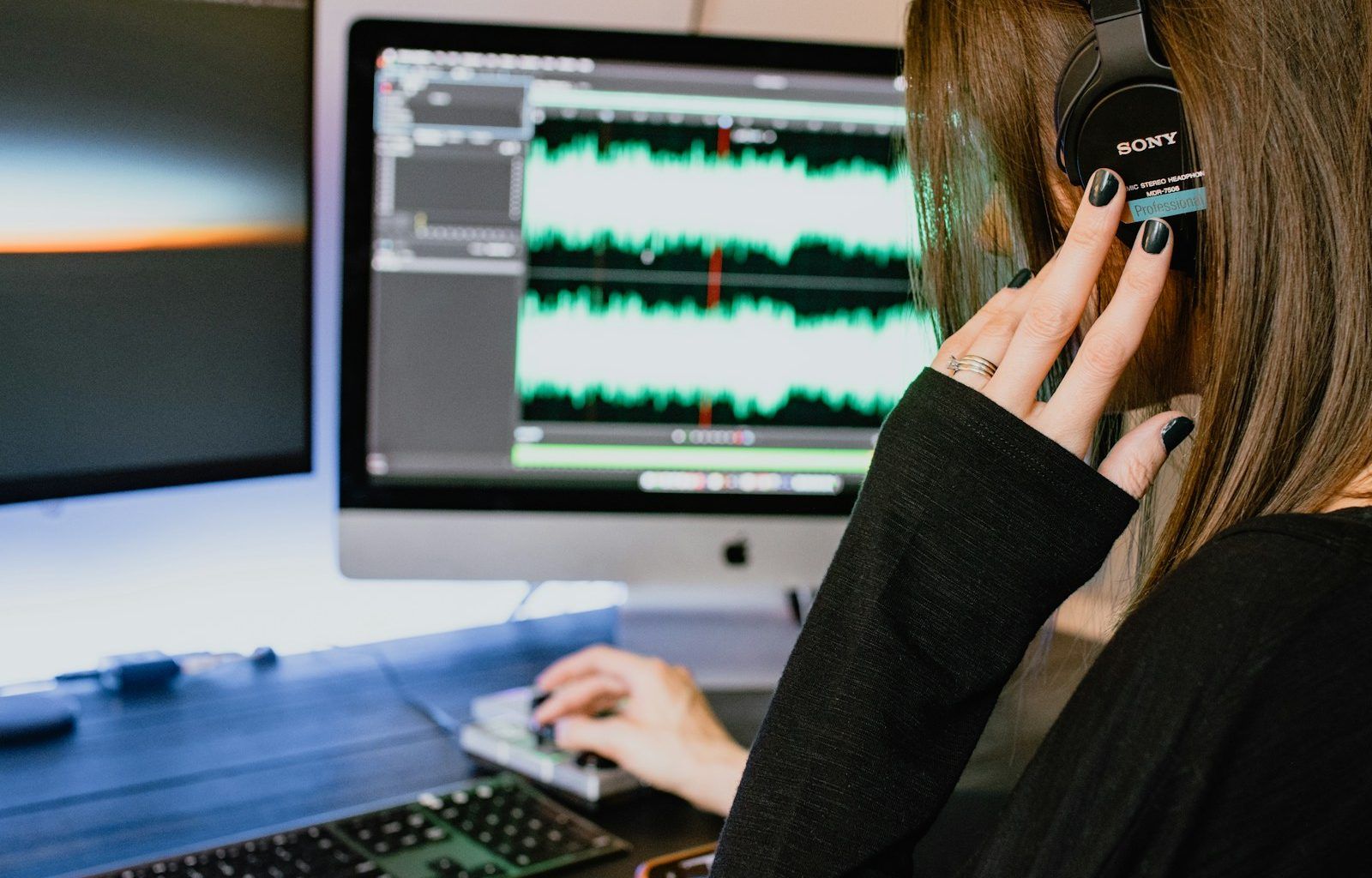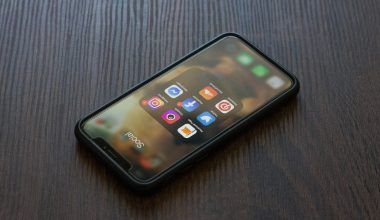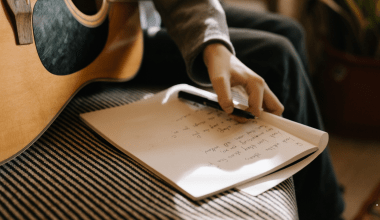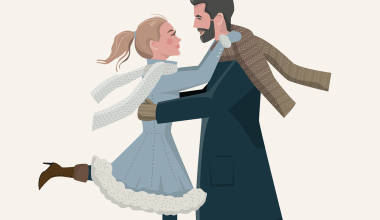Music is an integral part of our lives. We stream it, dance to it, and even create memories with it. But have you ever stopped to think about who owns the master recording of a song? This question is more than just industry jargon—it’s a complex topic that has real-world implications for artists, record labels, and even listeners like you.
In this blog, we’ll break it all down in simple terms. By the end, you’ll have a clear understanding of master recordings, their ownership, and why it matters so much in the music world. Let’s dive in!
What Is a Master Recording?
Before we get into who owns a master recording, let’s first define what it is. A master recording, often called a “master,” is the original version of a song. It’s the final, polished track that listeners hear on streaming platforms, CDs, or vinyl records.
Think of the master recording as the source from which all copies are made. Whether you hear a song on Spotify, Apple Music, or the radio, it all traces back to the master recording. Whoever owns this master has significant control over how the song is distributed, licensed, and monetized.
Why Does Master Ownership Matter?
Master ownership is like holding the keys to a treasure chest. The person or entity that owns the master recording has the legal right to:
- Reproduce the song.
- License it for movies, commercials, or TV shows.
- Collect royalties from its usage.
For artists, owning their masters means financial independence and creative control. For record labels, it’s a major source of revenue. This is why disputes over master ownership are common in the music industry.
Who Typically Owns the Master Recording of a Song?
The ownership of a master recording often depends on the agreements made between the artist and the record label. Let’s break down the common scenarios:
1. Record Label Ownership
In most traditional record deals, the record label owns the master recordings. Here’s how it works:
- An artist signs a contract with a label.
- The label provides funding for recording, marketing, and distribution.
- In return, the label retains ownership of the master recordings.
This model has been the norm for decades. While it gives artists the resources they need, it also means they lose control over their masters.
2. Independent Artist Ownership
Independent artists who fund and produce their music retain ownership of their masters. With the rise of platforms like Bandcamp, SoundCloud, and TuneCore, more artists are choosing this route.
Owning your masters as an independent artist means:
- You keep all royalties.
- You control licensing decisions.
- You decide how and where your music is distributed.
In some cases, artists and labels agree to share ownership of the master recordings. This type of agreement is less common but provides a middle ground.
What About Publishing Rights?
It’s easy to confuse master rights with publishing rights, but they’re not the same thing. Here’s the difference:
- Master Rights: These refer to the ownership of the actual recording.
- Publishing Rights: These involve the composition of the song—the lyrics and melody.
For example, Taylor Swift may own the publishing rights to a song she wrote, but the master recording of that song could belong to her former record label.
Famous Disputes Over Master Recordings
The topic of master ownership has sparked heated debates and legal battles in the music world. Let’s look at some high-profile cases:
1. Taylor Swift vs. Big Machine Records
Taylor Swift’s fight to regain ownership of her master recordings from Big Machine Records made headlines worldwide. When the label was sold, her masters were sold with it, leaving her without control over her earlier albums. This prompted her to re-record her old songs to regain control.
2. Prince’s Stand for Artist Rights
Prince famously battled his record label, Warner Bros., over master ownership. He even changed his name to a symbol to protest his lack of control. After years of struggle, Prince eventually regained ownership of his masters.
How Can Artists Protect Their Master Recordings?
Artists can take several steps to protect their masters:
1. Negotiate Contracts Carefully
Before signing with a record label, artists should consult with a music attorney. They can negotiate terms that allow the artist to retain ownership of their masters or regain them after a certain period.
2. Go Independent
More artists are choosing to release music independently. While this requires more work and investment upfront, it ensures full control over their masters.
3. Buy Back Masters
Some artists negotiate to buy back their masters from record labels. While this can be expensive, it’s a viable option for established artists with the resources to do so.
Why Should Listeners Care?
You might wonder why master ownership matters to fans. Here’s why:
- Support for Artists: When you buy music or merchandise, knowing who owns the masters can help you decide who to support.
- Access to Music: Master ownership disputes can delay or limit the availability of songs on streaming platforms.
Final Thoughts
The question of who owns the master recording of a song is more than just a legal issue—it’s about creative freedom, financial independence, and the future of the music industry. Whether you’re an artist or a fan, understanding this topic helps you navigate the music world more thoughtfully.
For artists, owning your masters means taking control of your career. For fans, it means supporting the creators you love. So the next time you hit play on your favorite song, remember the story behind its master recording.
For further reading, explore these related articles:
- What’s in a Name? The Power of Names in Music
- Best Distribution Sites for Music: A Complete Guide for Artists
For additional resources on music marketing and distribution, visit DMT Records Private Limited.






